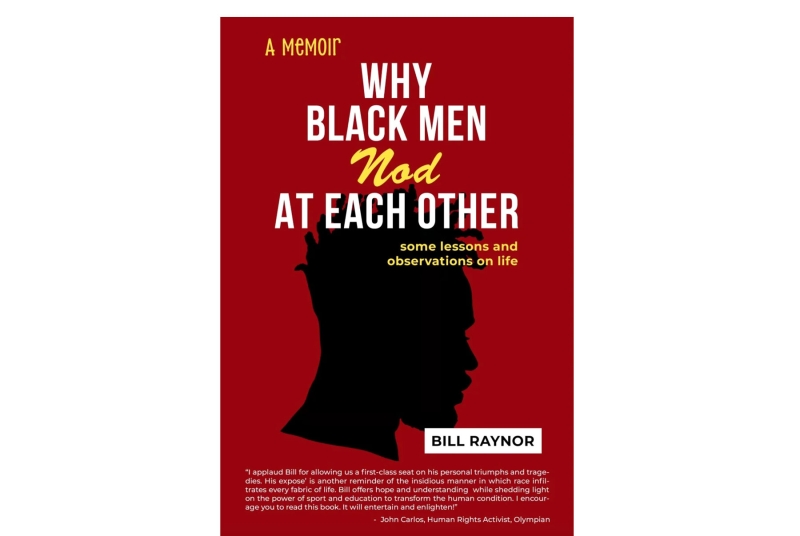
Shared Experiences
Throughout my years of service in education, athletics, and the arts, I have experienced and encountered the wonderful and at times perplexing roller coaster of life. Race is a predominant theme throughout and rears its head at every turn. The personal affronts don’t compare to the joy and beauty of people and the world.
This morning I went into my local Dunkin Donuts. There was a line of six people in front of me. Three of the six were Black men. There was a Latina woman who gave me a nervous smile. A Black woman who made eye contact then returned to observe the menu. And a White man who stared straight ahead. All three of the Black men nodded at me.
* * *
When I was the Head Basketball Coach at Holy Cross College, one of the white players approached me while we were waiting to board a plane to go to the West Coast for a tournament. He asked, “Coach, why do Black men nod at each other when they pass each other by?”
I was taken aback by his observation but impressed by his awareness. I was about to give him a flippant answer but thought otherwise. “Acknowledgement,” I stated. “The nod acknowledges them and their humanity. It says I see you. I recognize your existence and your being.”
I looked at him to see if he was digesting my words. “Their nod acknowledges a collective sense of strength, hope, and survival. It’s like Gloria Gaynor’s anthem song, ‘I Will Survive.’” As I concluded my thoughts a Black maintenance worker was emptying an overflowing trash can. We locked eyes on each other and nodded. My player watched mesmerized.
Young Black men learn to nod at an early age. It is not something that is verbally taught or even discussed.
In the end, you never know what imprint or impression people walk away with after a conversation. I saw my player catch the eye of the maintenance worker and nod at him. He purposely said to him, “I see you.” Young Black men learn to nod at an early age. It is not something that is verbally taught or even discussed. The act is specific to America. You do not see this behavior in foreign countries with Black men. There is folklore that suggests slaves used to communicate with the nod to confirm a planned action. An upward nod could indicate one action while a downward nod might have a different meaning.
I used to hold my father’s hand and observe how he would nod to other Black men as we walked down the street. I knew he didn’t know them. I never once asked him why he nodded. The meaning was self-evident to me.
As a Black man in the world, you experience shared circumstances. Have you ever been followed in a store by security? Have you ever been in a hotel lobby and a White man or woman asks you to get their car or to grab their bags assuming you are the doorman? Have you ever walked into a restaurant and not been able to get service while a white couple walks in after you and receives immediate service? Have you ever been walking down the street and have a white couple or family cross to the other side of the street? Have you ever entered an elevator and have a White woman clutch her pocketbook to her bosom?
I could offer more examples which most Black men would relate to. The nod confirms our shared existence. Whether it be the Black CEO or the Black shoeshine worker, the nod confirms a shared unspoken reality. Each has experienced the indignities of a white assumption. Sometimes the indignity is an error of ignorance and other times it is a malicious act of racism. Regardless of its origin, it cuts to the heart with remembrances of all the previous moments of dishonor. The nod gives honor and recognition. It says, “regardless of your circumstance in life, you are worthy.”
Excerpted from Why Black Men Nod at Each Other (Some Lessons and Observations on Life) (Raynor Books, 2024) by Bill Raynor. © 2024, Bill Raynor, used with permission from the author.
Bill Raynor, who captained the College’s men’s basketball team, spent more than 40 years in higher education institutions as a basketball coach, athletic director, special assistant to the president, and chief diversity officer. He was inducted into the Catholic Memorial High School Hall of Fame, Brown University Hall of Fame, the Black Coaches Classic Legends Hall of Fame, and, in 2006, the New England Basketball Hall of Fame in Rhode Island as both a player and coach. He also was named New England Division III men’s basketball coach of the year in 2009, 2011, 2013, and 2017. He lives in Boston.










